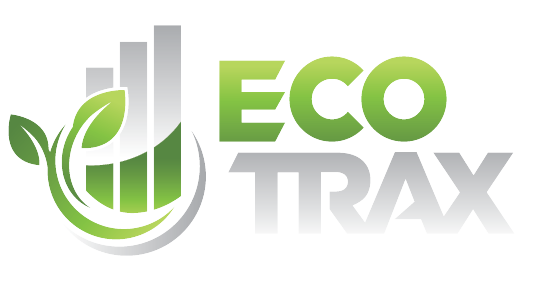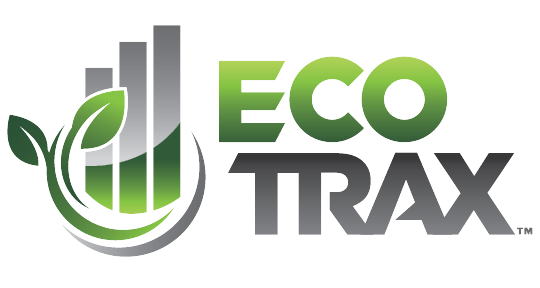The disparity in cost between virgin and recycled plastic poses a significant challenge to the vision of a circular plastics economy. With recycled plastic, now 30% less expensive than virgin plastic, the economic incentives for utilizing post-consumer recycled (PCR) materials should be compelling. However, the global landscape of plastic manufacturing, particularly with China’s construction of 19 additional plastic manufacturing facilities, threatens to saturate the market with even cheaper virgin plastics. This expansion will inevitably exert downward pressure on global prices, further complicating the competitive landscape for recycled materials.
This global market dynamic underscores the critical need for robust PCR regulations. As states like Maine have begun to implement PCR content requirements for plastic packaging, it’s clear that legislative action can play a pivotal role in leveling the playing field for recycled plastics. Such regulations not only mandate the use of recycled content but also encourage the development of domestic markets for these materials, which is essential for the transition to a circular economy.
Closing the loopholes in existing regulations and extending the scope of PCR mandates could significantly bolster the demand for recycled plastics, mitigating some of the economic challenges posed by the influx of cheaper virgin materials. As the global push for a circular plastics economy gains momentum, such legislative measures become not just logical but imperative. They ensure that the environmental benefits of recycling are not overshadowed by economic constraints, paving the way for a sustainable future where recycled plastics are not just viable but preferred.
About EcoTrax
EcoTrax is a technology-enabled supply chain solutions company focusing on a mission-critical yet under-resourced area of supply chains – the recyclables, reusables, and waste produced by distribution centers. Our purpose-built platform and team of industry experts deliver solutions that increase the value and sustainability performance of recyclables (pallets, OCC bales, plastics, food waste) while simplifying and modernizing the management of returnable containers (totes, pooled pallets, etc.). We digitally integrate and synchronize all internal stakeholders and external partners and automate workflow through a single platform. This single point of truth reveals real-time, actionable data and insights, reducing environmental impact while improving fiscal performance.


